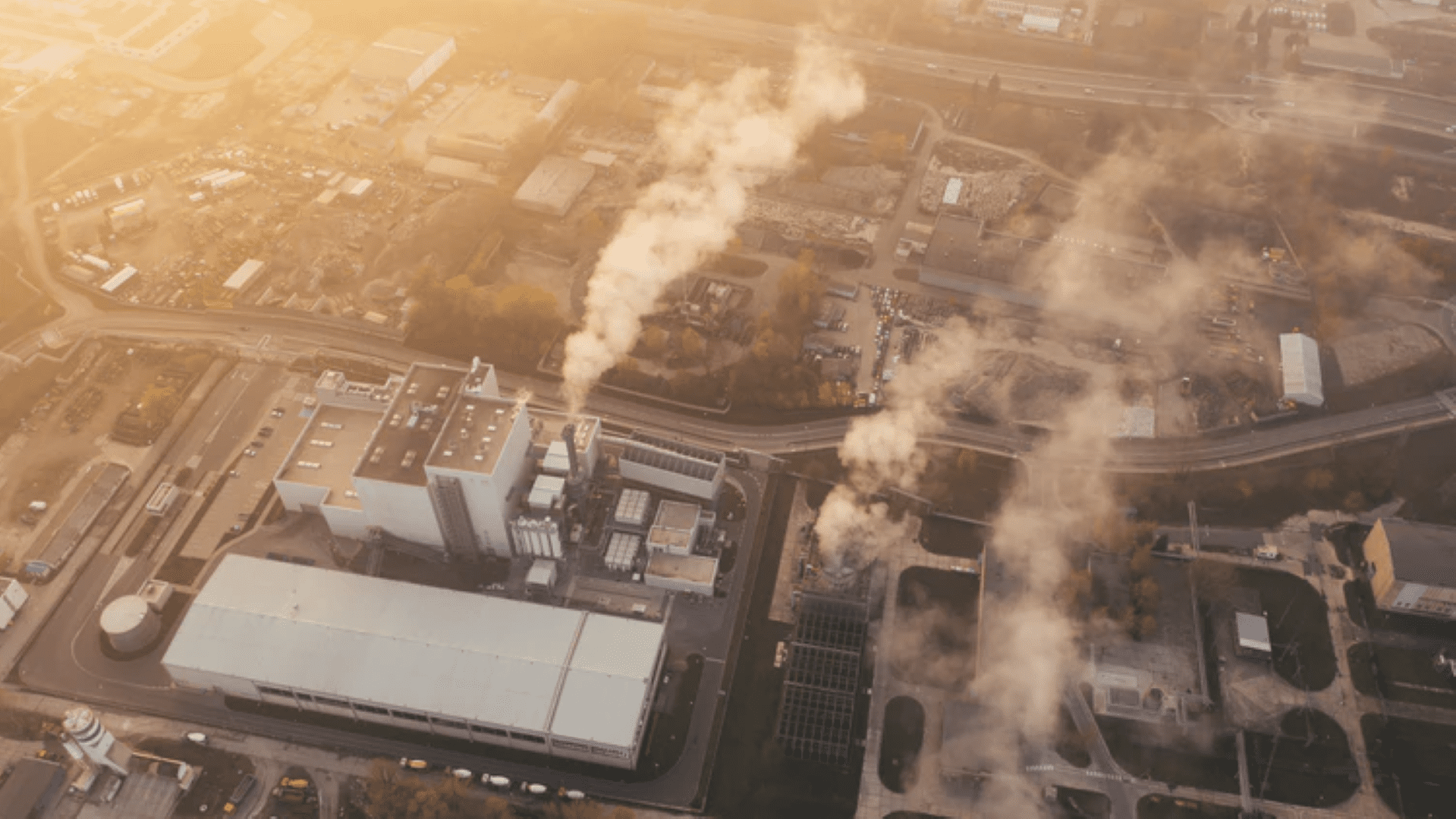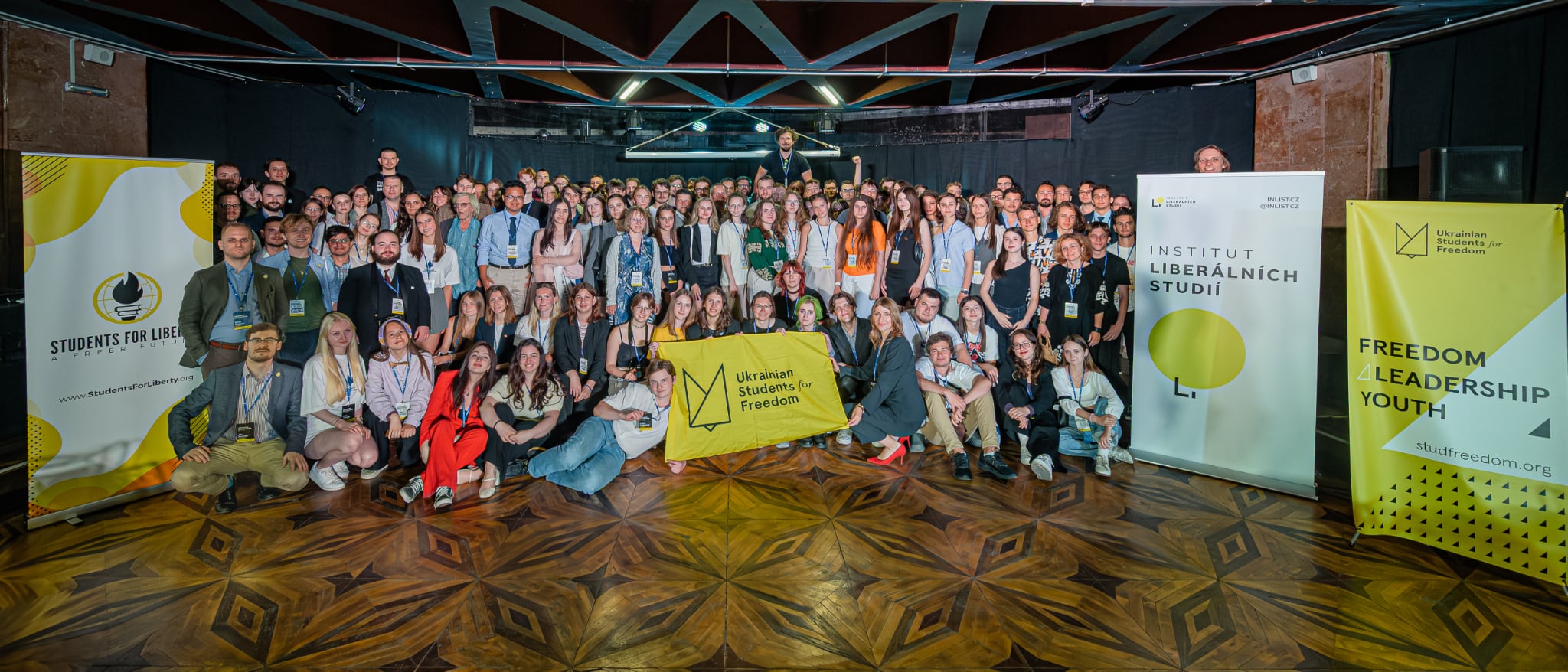By Aaron White
The climate change debate is fraught with hyperbole. Every so often, media outlets such as VICE and Complex proclaim the end of the world, and that we’ve reached the tipping point for climate catastrophe. This has been a trend for decades, and doesn’t appear to be stopping anytime soon.
A report from Climate Central, an organization that monitors climate change, reported in 2016 that Earth’s atmospheric carbon level breached 400 parts per million (PPM). This number is cited as the threshold for major global warming trends, even though it’s largely symbolic.
These findings are often used as a cause for panic, but instead we should look at them as problems to be solved by innovators.
The free market is essential to deciding what is viable to use
Economic analysis emphasizes substitution as a possible solution to change outcomes. The first step towards ameliorating our atmospheric carbon problem relies on the act of substitution. A classic example of substitution occurred with tinfoil, which was quietly replaced by aluminum when the cost of tin cut too heavily into profit margins and an alternative was needed.
Carbon intensive energy consumption is gradually being phased out. Environmentalists may argue that it’s not fast enough, but regulation and cronyism are further slowing that transition. Alternative energy sources like wind and water do exist and are continuing to grow their market share as technological advances make greater energy production viable.
Substitution is already in process in many countries as a means to reduce our carbon footprint. The next step is to look toward innovation, not just in reducing our footprint, but in cutting existing pollution levels. Enter a multitude of private firms whose futuristic technologies read like a page out of an old science fiction novel.
New technologies that reduce our carbon footprint are becoming more viable
According to the Guardian, there are technologies that harvest atmospheric carbon from the air to reuse in everything from soda to new energy sources. Other technologies include a new kind of concrete that sequesters, or captures, carbon, which would completely revolutionize one of our most environmentally damaging and polluting industries: construction.
Across many industries, there are constantly new innovations and discoveries being rolled out to reduce the negative impact of humanity on the environment. Too many people underestimate innovation, leading to undue faith in political agendas.
An entrenched pessimism within the environmental movement has been betting on human failure for well over a century. Ever since Malthusianism in 1798 (the idea that humanity will outstrip its resources and perish), these ideas get continually proven wrong as humanity continues to prosper.
Innovation is why we are prosperous today
Throughout the 1990s, many environmentalists warned of impending doom because of the hole in the ozone layer. However, a National Geographic article reported that innovation, shifts in technology, and public pressure to stop producing CFCs contributed to healing. There are many environmental problems but, to date, innovations have helped us out of many of the most severe.
Some may argue that innovation is not enough and what is needed is state regulation and intervention to solve the climate change crisis. So far, however, these policies have been failures. Consider Beijing’s largely ignored driving ban, or the U.S. foisting “Clean Coal” during Obama’s first bid for president, which was built on cronyism and political donations from the coal industry.
Yes, without a doubt, our climate is changing. But the fear behind it is not always warranted. The distinctly human capacity for innovation has reduced hunger and poverty, and greatly expanded our life expectancies since the Industrial Revolution. Many industries may have contributed to the problem of atmospheric carbon, but a new industry will be what solves it.
To read more about new technology, be sure to check out our cluster page by clicking on the button below.
Updated by Joseph Simnett
This piece solely expresses the opinion of the author and not necessarily the organization as a whole. Students For Liberty is committed to facilitating a broad dialogue for liberty, representing a variety of opinions. If you’re a student interested in presenting your perspective on this blog, send your piece to [email protected], and mention SFL Blog in the email subject line for your chance to be published and be seen!









